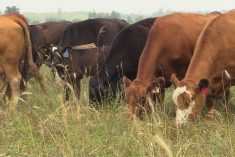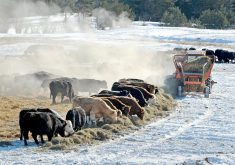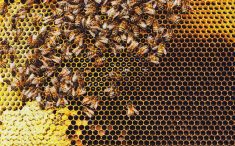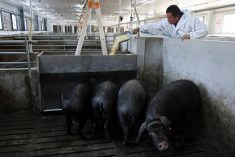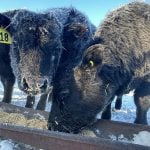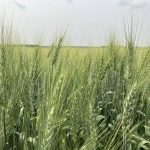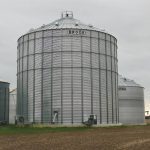The animal health arm of drug maker Pfizer has launched a single-dose antibiotic it claims will tighten up the milk discard time needed to treat lactating dairy cows for bovine respiratory disease (BRD).
Pfizer Animal Health’s Canadian unit, based at Kirkland, Que., on Wednesday rolled out Excede 200, indicated for treatment of BRD associated with the bacteria Mannheimia haemolytica, Pasteurella multocida and Histophilus somni in cattle.
“Traditional BRD treatments require several doses over several days enhancing the likelihood of dosing protocol errors,” Dr. Randy Graham, Pfizer’s senior manager of veterinary services, said in the company’s release.
Read Also
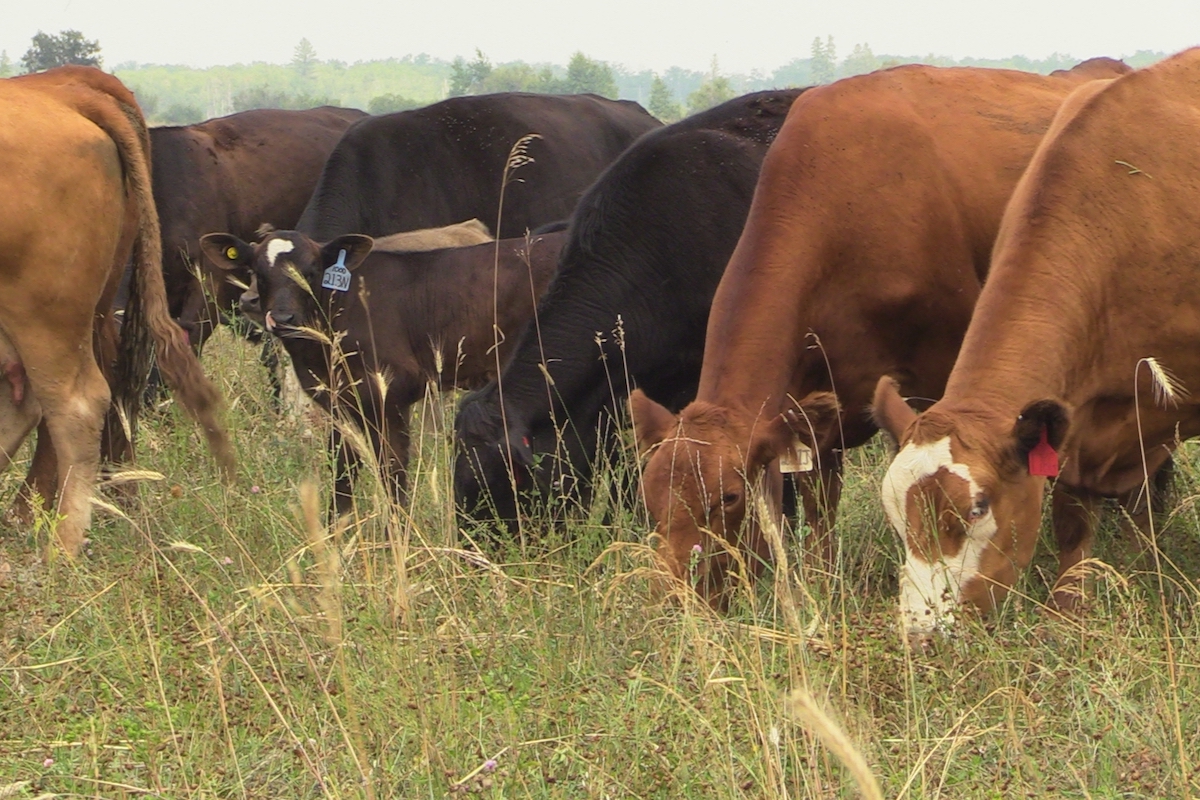
Beef industry weighs in on AAFC research cuts
The Canadian Cattle Association and Beef Cattle Research Council said cuts to federal research centres and programs will have long-term debilitating consequences for the beef industry.
“With a single-dose product there are fewer opportunities for mistakes such as missed doses or failure to complete the treatment,” he said. “The single dose ensures that adequate drug levels are maintained above effective therapeutic levels for up to seven days.”
The drug, a ceftiofur crystalline-free acid, is given using a single subcutaneous (sub-Q) injection in the loose sub-Q tissue at the base of the ear, at 1.5 millilitres per 45 kilograms of body weight.
Excede 200, the company said, requires a milk discard of 24 hours after the single treatment, compared to milk discards of three to five days during — and up to four days after — what Pfizer called “current traditional treatments.”
“With a shorter milk hold time, producers can return to regular production schedules more quickly, limiting lost revenue,” Graham said.
BRD, also known as shipping fever, is a complex of several factors including cattle stress, viruses and bacteria, and can range in severity depending on the agents involved and a given animal’s immunities, environment and genetics.
BRD’s symptoms can range from nasal discharge, coughing, droopy ears and lack of appetite up to rapid breathing, noisy breathing, stiffened gait, fever and death.
Pfizer on Wednesday billed Excede 200 as the “first new BRD treatment for the dairy in more than a decade.”


